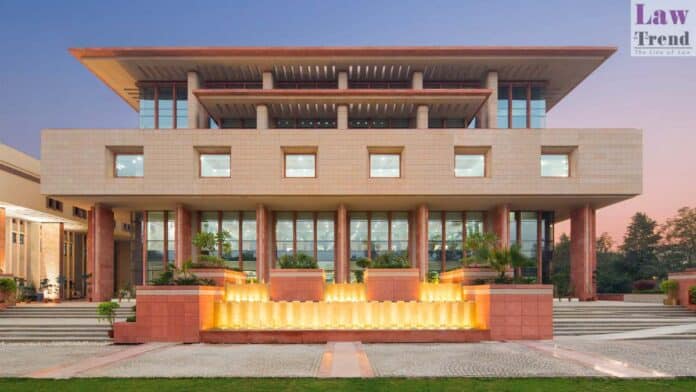The Delhi High Court on Thursday issued an order to temporarily bar six students, who had been provisionally admitted to St. Stephen’s College, from attending classes. This decision comes amid an ongoing legal challenge by the college against a previous court directive that granted these admissions based on the University of Delhi’s (DU) seat allocation.
A bench consisting of Acting Chief Justice Manmohan and Justice Tushar Rao Gedela is revisiting the August 23 interim order by a single judge that allowed the students provisional entry into the prestigious college. The division bench expressed concerns that the initial ruling effectively provided the students with the main relief they sought through their petition, hence adjusting the previous directive.
The court stated, “Till further orders, Respondents 1 to 6 (students) shall be at liberty to take admission in colleges of their second preference. University shall facilitate them in taking admission in their second preference colleges. Till further orders, Respondents 1 to 6 shall not attend their classes in the (St. Stephen’s) college.” The hearing for this case has been advanced from September 11 to September 5.
During the proceedings, the court criticized the university for over-allocating students beyond the sanctioned capacity of the college, highlighting the serious implications such actions have on students’ futures. “The university must understand that they are playing with the students’ careers. You are not playing a game of chess that you are settling for. It is a very serious matter,” remarked the bench.
St. Stephen’s College, in its appeal, argued that the single judge’s decision denied the institution a fair hearing and contravened its right to select students, a fundamental aspect of its autonomy as a minority educational institution under Article 30 of the Indian Constitution. The college also pointed out discrepancies in DU’s calculation of available seats, accusing it of exceeding the permissible intake.
Counsel for DU requested additional time to prepare, acknowledging the 5 percent excess allotment of students as within norms, while the attorney representing the affected students argued against the college’s appeal, asserting the students’ right to their first-choice college based on merit and proper process.




